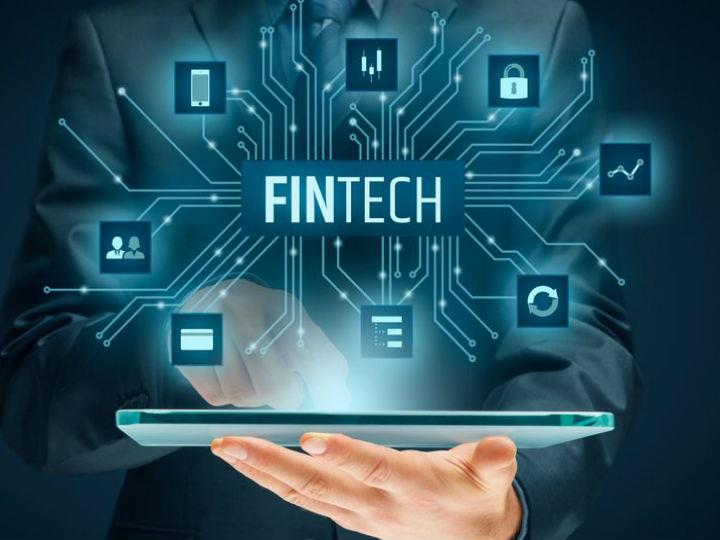by Kalin Anev Janse and Gong Cheng*
At home, financial inclusion is a means to improve the well-being of ESM programme states’ citizens – a core ESM purpose. Abroad, the ESM has many investors in emerging markets. We often travel to see them to discuss the state of affairs in Europe; we have therefore experienced first-hand how emerging markets in Asia, Africa, and South America are leapfrogging the developed world in fintech.
In China, especially, the speed of fintech adoption has repeatedly surprised us. Mobile payment is widely used in China as an everyday payment method, from big modern malls down to the street corner food cart vendor. When travelling around China, we used WeChat to order and pay a taxi – or even a simple lunchbox. Local people in China can immediately tell that Gong is a Chinese living abroad, as he – from time to time – still uses the small banknotes and coins in his wallet long since discarded by locals.
In Brazil, Prospera offers small low-interest loans to businesspeople – a quarter of whom live below the poverty threshold. The fintech solution reduced credit approval to 10 seconds from 10 days and has provided $2 billion to more than 700,000 business people.
In China, Kenya, Indonesia, and Brazil fintech companies are already easing credit market frictions and reducing transaction costs – two distinct aspects of financial inclusion that policymakers are trying to promote.
The common theme across these examples is that fintech innovation is lowering transaction and service costs and reaching a population that would otherwise be unable to benefit from standard financial services.
Fintech companies sometimes start as online shopping and telecommunications companies, then quickly move to building up a network of customers and providing them with financial services. The Bank of International Settlements describes this process as the DNA of fintech firms, namely the interaction between “data analytics, network externalities, and interwoven activities".
Although fintech adoption is somewhat slower in Europe, a number of companies have started to penetrate certain market segments. A few European “unicorns” have begun to provide online payment and other banking services. There are upcoming European fintech companies, such as Transferwise and Revolut, that act like an Airbnb for foreign exchange, offering customers spot exchange rates against minimal or no fees. So, Europe is also stepping up its game. Cross-border workers and small firms stand to benefit in particular from the ease of making instantaneous money transfers or of soliciting credit for business development.
One key contributing factor is fintech’s ability to secure and retain a large number of regular users, thus building big data on users’ behaviours and nurturing trust. As many policymakers at the IMF/World Bank Meetings in 2019 and fintech players acknowledged trust, not technology, is the big challenge that fintech needs to address. Only that way can it achieve its full potential and generate economic and social benefits.
In line with a number of other recent reports on fintech and financial inclusion, we believe it is the right time to emphasise the policy relevance of the topic for the coming years. This is especially true because the G20 leaders need to discuss and update the first three-year Financial Inclusion Action Plan, which ended last year.
Policymakers will need to take stock of what has been achieved within the G20 Working Group on Global Partnership for Financial Inclusion and envisage even bigger steps towards this common global objective. It is thus essential for researchers and technical experts to shed light on the considerable social impact and promise fintech is offering and to find solutions to contain potential risks.
Fintech, and with it our more digital world, are changing our lives every day. Some things we know or have known might become obsolete in the future. Kalin was recently looking for a “piggy bank” for a family member’s baptism. His dream was that the baby would keep it for the rest of her life. It made him wonder – when she is older – will she even be using these small pieces of metal called coins?
*Chief Financial Officer& Member of the Management Board of the ESM& EFSF and senior economist& policy strategist at the European Stability Mechanism
**first published in: www.esm.europa.eu




 By: N. Peter Kramer
By: N. Peter Kramer
